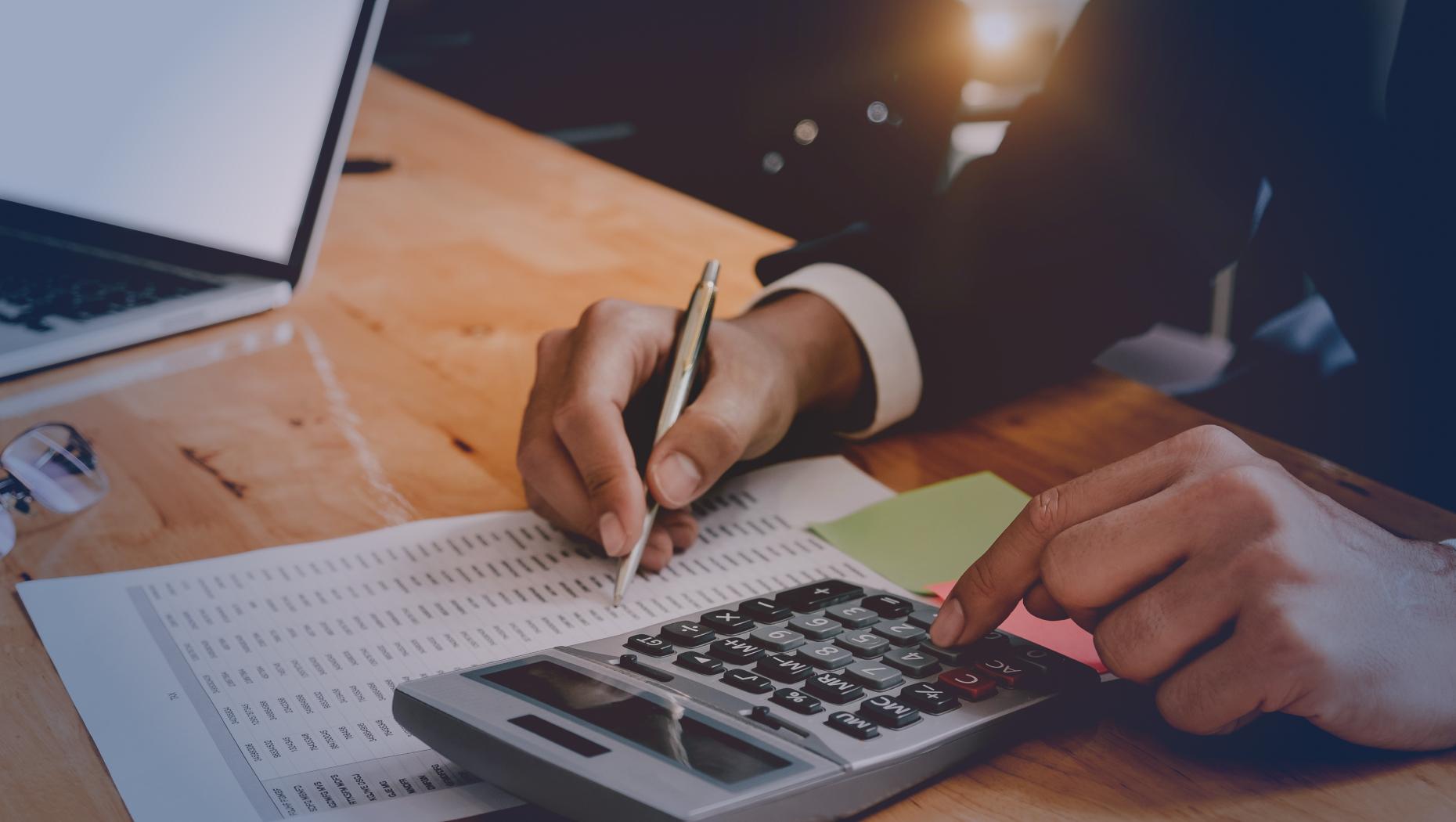Current NJ Mortgage Rates
Enter one of the rates below into our mortgage calculator for NJ.
Product | Interest rate | APR |
|---|---|---|
30-year fixed-rate | 6.14% | 6.22% |
20-year fixed-rate | 6.23% | 6.43% |
15-year fixed-rate | 5.39% | 5.57% |
10-year fixed-rate | 5.00% | 5.22% |
7-year ARM | 6.16% | 7.02% |
5-year ARM | 5.80% | 6.96% |
30-year fixed-rate FHA | 5.88% | 6.75% |
30-year fixed-rate VA | 5.74% | 6.15% |
Data source: ©Zillow, Inc. 2006 – 2021. Use is subject to the Terms of Use |
Not sure how much house you’ll be able to afford? See our article: How Much Mortgage Can I Afford?
Other NJ Mortgage Costs
You’ll need to add up a few other costs to estimate your average monthly mortgage payment in NJ. Here are the major costs to consider:
Property Taxes
The state of New Jersey has a high average property tax rate (2.29%). Your actual rate will be based on the assessed value of your home, which can change over time.
Some areas have a much higher rate. For instance, some counties, such as Passaic and Camden, have an average tax rate of over 4%. To accurately use our free mortgage calculator for NJ, you’ll need to research the property taxes in your town, whether you’ll live in Westfield, Allendale, or Jersey City. Note that your assessed property tax can go up if the property value is reassessed. This varies based on state and local laws.
For example, let’s say you bought a property assessed at $500,000 and took out a $400,000 mortgage at 5% interest to buy a home in Atlantic City. The effective tax rate for Atlantic City is around 3.49%. By plugging these numbers into our calculator, you’ll see property taxes of $1,454 a month.
Now, let’s say you spent the same amount on a place in Hoboken. The effective tax rate there is 1.07%. Once you enter this into the mortgage calculator, you’ll see property taxes of $446 a month. That’s $1,008 less than if you were living in Atlantic City. Researching tax rates for different areas can help you adjust your monthly payments and figure out what’s truly affordable given your budget.
Property Tax Calculators
To find your property taxes in New Jersey, you can use the NJ state property tax map. In the map, hold the control key on your keyboard, then zoom in with your mouse wheel and click a parcel to see its prior year tax amount. You can also use this NJ property tax calculator to find rates by zip code.
Insurance
Like property tax rates, insurance rates can fluctuate by area. In general, the Garden State sees lower-than-average home insurance costs, with annual premiums around $950 to $1,300. However, areas along the coast can see much higher premiums.
For example, homeowner’s insurance for a house in Asbury Park could cost $2,000 a year. That breaks down to about $167 a month. By contrast, a home further inland could cost half that at $83 a month.
You can use this handy NJ homeowner’s insurance calculator to get a reasonable estimate. Most insurance companies will also provide a quote on their site in a matter of minutes.
Private Mortgage Insurance (PMI)
Private mortgage insurance is a charge lenders add to your monthly mortgage payment on conventional loans when you make a down payment of less than 20%. This cost fluctuates, typically between 0.1% and 2% of your loan amount annually. If you plan to put down less than 20%, ask different lenders how much PMI they charge. This rate also has a lot to do with your credit score and the size of your mortgage.
On a $450,000 mortgage. If one lender charges 0.5% annual PMI, that’s $2,250 a year, or $187.50 monthly. If another charges 1.5%, that’s $6,750, or $562.50 monthly — three times the other lender’s charge. You’ll need to weigh this against each lender’s additional fees and interest rates when using our mortgage calculator for NJ.
HOA Fees
If you buy a house in a homeowner’s association (HOA), you’ll pay an extra fee for HOA dues. This could be as little as $20 a month, but HOA fees in NJ average $200 to $400 a month. These fees can cover a variety of services, such as the upkeep of common areas and trash removal or even utilities.
HOA fees can be even higher in condos, because they often cover added amenities like a community gym or pool.
How to Lower Your Mortgage Payment in NJ
The average total monthly homeowner cost in NJ is $2,560. This includes your mortgage payment and other costs like utilities. Let’s go over a few ways you can use our NJ mortgage calculator to find ways to lower your monthly payments.
Find a Lower Interest Rate in NJ
Your interest rate has a huge impact on your mortgage payment, and it depends primarily on prevailing rates, your credit score, and your debt-to-income ratio (DTI) as well as the location of your home purchase. Over the life of the loan, you could pay significantly more interest even with just a slightly higher rate..
Shop around with different lenders to find the best interest rate, but be aware that some lenders with lower rates charge higher upfront fees. A lower rate can still help if you plan on staying in the home for the full loan term. However, if you’re buying a starter home and you plan to move in five years, consider accepting a slightly higher interest rate in exchange for lower upfront fees.
Pay More Up Front
One way to lower your mortgage is with a higher down payment. This lowers your principal, the amount you owe, and the amount of interest you’ll pay. If you put at least 20% down, you also won’t have to pay PMI, which could lower your payment by as much as 2%.
Pro Tip: Consider talking to your lender about buying mortgage points. These are fees that let you secure a lower interest rate.
Choose a Different Mortgage
Some types of mortgages can lower your monthly mortgage payment. For instance, if you’re a military veteran, you may qualify for a VA loan, which often carries a lower rate.
Another option is to go with an adjustable-rate mortgage (ARM). ARMs offer a lower introductory interest rate, usually for three to 10 years. After that, the rate adjusts every six months to a year based on the current market rate. The amount the rate can change depends on the loan. Most people with ARMs take them for the low initial rate, but plan to refinance or sell the home before the rate increases.
Buy a Less Expensive House
If you buy a less expensive house, you’ll lower your mortgage payment. You can use our mortgage calculator for NJ to see how much a slightly cheaper house can save you every month, especially with the high interest and property tax rates in the state.
For instance, with a 30-year fixed-rate mortgage of $450,000 at 7% interest, a 2% tax rate, and an annual insurance payment of $1,000, your monthly payment is $3,911. If you take out a $425,000 mortgage, your payment will drop to $3,744. That’s $167 less a month and $2,004 less a year. You could use that extra money to pay down higher-interest debt.
Wondering where you’ll find the money to buy your home? See our article: How to Save For a House When You’re Busy Paying Other Bills
Average Closing Costs in NJ
New Jersey closing costs average around $7,966 per home purchase, with an average home sale price of $447,175. That’s about 1.78% of the sale price, but be prepared to pay 2% for estimated closing costs in NJ. If you’re moving to a more expensive area, expect to pay a little more.
“Closing costs” is a blanket term that covers taxes, lender fees, and third-party costs like title insurance. Here are some of the specifics that closing costs cover in NJ:
Appraisal fee
Recording fees with the local municipality
Mortgage application fee
Attorney fees
Escrow funds
Loan origination fee
Lender’s and owner’s title insurance
Mortgage insurance
Title search and land survey fee
Underwriting fee
You may face other costs depending on your loan type. For example, if you’re buying a house with a VA loan, you’ll pay a VA funding fee. This fluctuates between 1.25% and 3.3% of the mortgage amount, depending on the size of your down payment and the number of times you’ve used your VA loan. You'll need to include every factor to get an accurate closing cost estimate in NJ.
New Jersey Housing Market
Along with New Jersey’s high property tax rate, the Garden State has a unique housing market. It’s the most densely populated state in the country, with heavy concentrations near New York City and Philadelphia. It also has the 15th highest cost of living in the country. Buying a home is expensive here, especially if you’re moving from a more affordable state.
The good news is, you’re never far from the action in New Jersey. There’s a lot to love about this oceanside state, like summer trips to the shore, highly-rated public schools, and an incredible food and culture scene.
Mortgage Calculator NJ: Details
This NJ mortgage calculator uses a standard mathematical formula to figure your monthly mortgage payments. The exact formula is below, followed by what each letter means:
M = P[r(1 + r)^n / ((1 + r)^n) - 1)]
P = The principal loan amount. This is how much money you’ll borrow to buy your house. So, if you buy a $500,000 home, but you put $100,000 down, the principal would be $400,000.
r = Your monthly interest rate. Lenders typically provide an annual rate, so divide that number by 12 (months in a year) to get the monthly rate. For example, if your interest rate is 7.2%, your monthly rate would be 7.2 / 12, or 0.6%. Lenders are required to also advertise APR, which is your annual percentage rate. APR includes your interest rate, as well as extra costs like mortgage points and fees. This makes it a more thorough estimation of the cost of your loan.
n = Total number of loan payments. Take the number of years for your loan and multiply it by 12. This is your total number of loan payments. So, if you have a 30-year mortgage, that’s 30 x 12, making 360 loan payments.
M = The total monthly mortgage payment. This is the total principal and interest you’ll pay every month.
Summary
Using a mortgage calculator for NJ can help you estimate your monthly mortgage payment. Our free mortgage calculator can show you how much you’ll pay for a mortgage in New Jersey. But it’s only as accurate as the information you give it.
Your home price, HOA fees, property taxes, and your interest rate all play a part in how much you’ll pay each month. The better your data, the more accurate the calculator will be.


